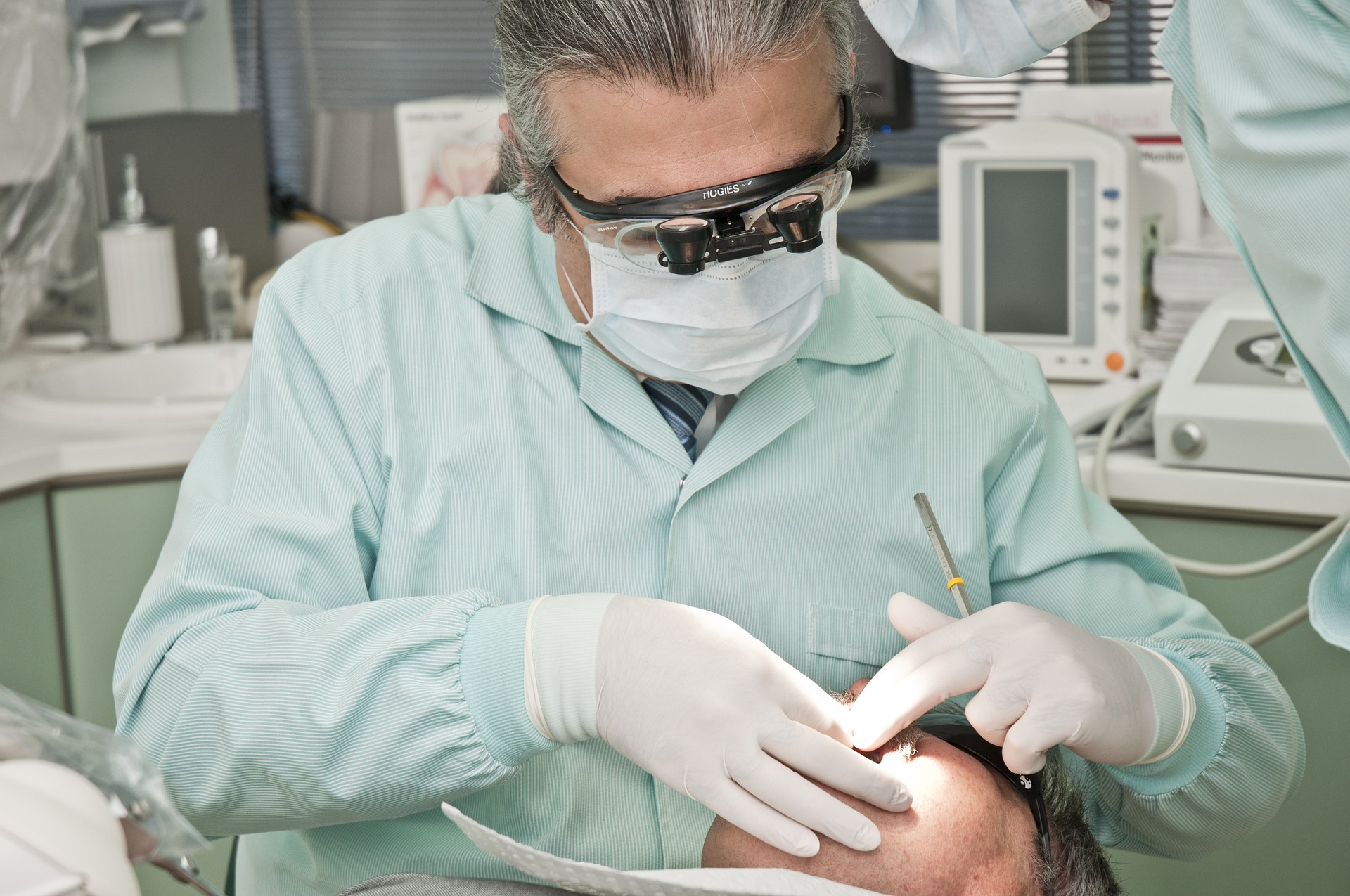Some of the Most Common Causes of Dental Pain

Dental pain is a common problem that affects many people at some point in their lives. It is a discomfort or aching sensation in the mouth, usually in the teeth or gums, that can range from mild to severe. Dental pain can be caused by a variety of factors, including tooth decay, gum disease, injury, erosion, sinusitis, and acute infection.
Nepean Family Dentist can diagnose the cause of dental pain and recommend the most appropriate treatment to alleviate the pain and restore the health of the tooth and mouth. With proper care and treatment, dental pain can be managed and prevented, ensuring a healthy and comfortable smile.
- Constant pain – Constant pain can be a sign of an acute infection in the body, including the mouth. In dentistry, an acute infection can occur in a tooth, gum, or other tissues in the mouth, and is characterized by sudden and severe pain that does not go away. The infection can cause swelling, redness, and tenderness in the affected area, as well as fever and difficulty in swallowing or breathing in severe cases.
- Sensitivity to temperature – Sensitivity to temperature in teeth can cause dental pain because it stimulates the nerves in the inner layer of the tooth, called the pulp. When the outer layer of the tooth, called the enamel, is worn down or damaged, the underlying layer of dentin becomes exposed. Dentin is porous and contains tiny tubes that lead directly to the pulp, making it more sensitive to hot and cold temperatures.
- Sharp pain when chewing – Sharp pain when chewing can be a symptom of several dental problems, such as Tooth decay, Gum Disease, Cracked or Fractured Tooth, Abscessed Tooth, and Temporomandibular Joint Disorder (TMJ). It is important to see a dentist if you are experiencing sharp pain when chewing, as these conditions can cause serious complications if left untreated. The dentist will be able to diagnose the cause of the pain and recommend appropriate treatment, such as a filling, crown, root canal, or gum surgery, to alleviate the pain and restore the health of the tooth.
- Sensitivity after dental treatment – Sensitivity after dental treatment is often temporary and typically lasts for a few days to a week. This is because the tooth may need time to adjust to the changes that were made during the procedure. During this adjustment period, the nerves and tissues inside the tooth may be more sensitive to stimuli, such as hot, cold, or sweet foods. The sensitivity should subside as the tooth becomes used to the changes and the tissues inside the tooth begin to heal.
- Dull aches and pressure on the upper teeth – A dull ache and pressure in the upper teeth can be a sign of sinusitis, which is an inflammation of the sinus cavities. The sinuses are air-filled spaces in the bones surrounding the nose and eyes. When the sinuses become inflamed, the pressure can build up, causing pain and discomfort in the teeth, as well as in the forehead, cheeks, and between the eyes.
Conclusion
Dental pain can be a symptom of several underlying dental problems, including tooth decay, gum disease, abscessed tooth, cracked or fractured teeth, tooth erosion, sinusitis, and acute infection. The best Dentist in Nepean can recommend the most effective treatment plan to alleviate the pain and restore the health of the tooth and mouth. With proper care and treatment, dental pain can be managed and prevented, ensuring a healthy and comfortable smile.




